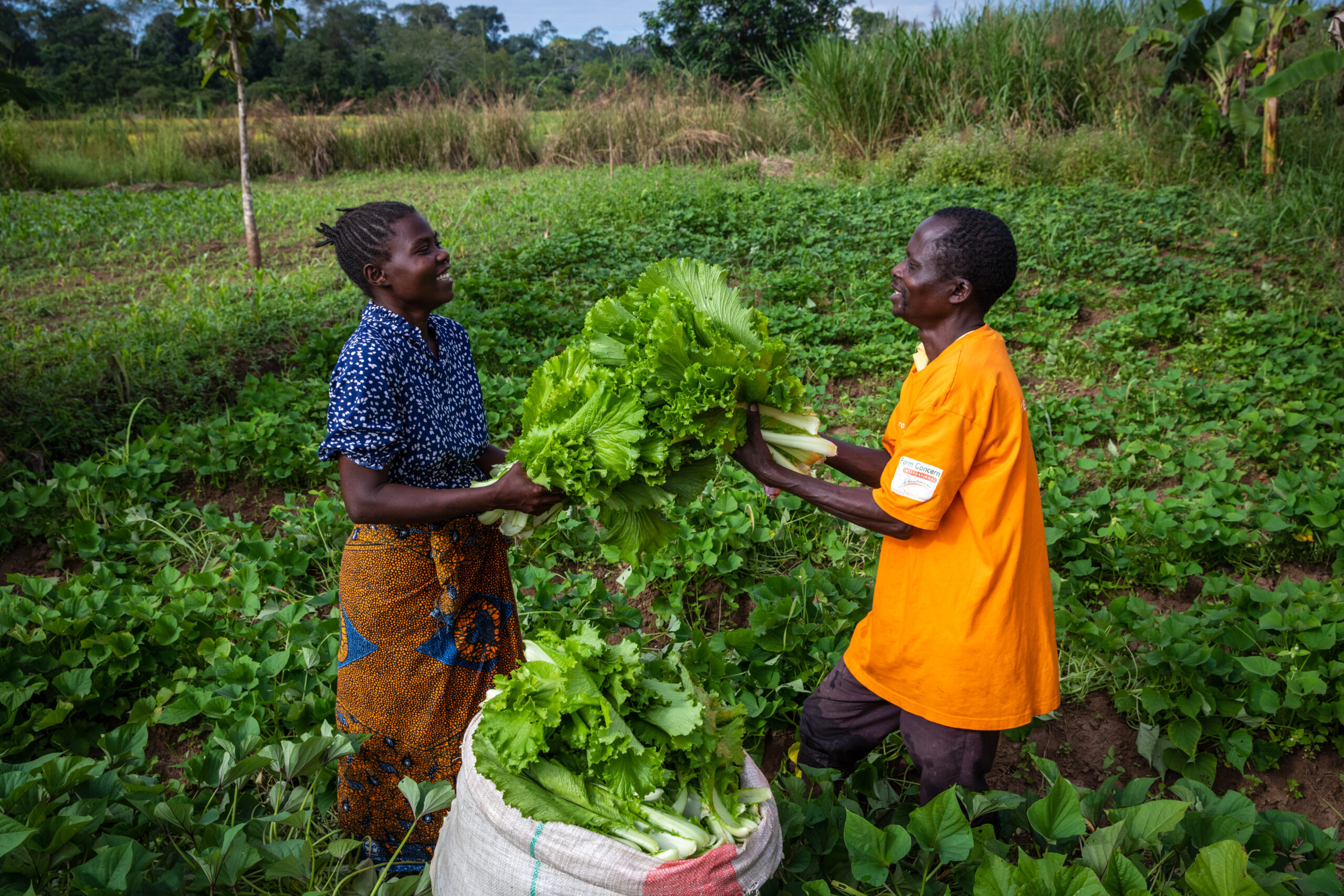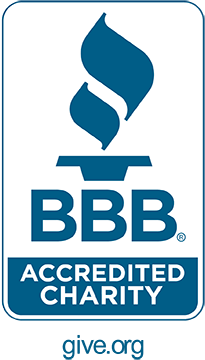Empowered Worldview (EWV) is World Vision’s behavior change model that seeks to address dependency mindsets and promote individual empowerment among people living in poverty. The EWV curriculum uses Biblical principles to engage individuals on issues of identity, self-esteem, hope, and vision for the future.
We partnered with Overseas Development Institute (ODI) to conduct an evaluation of EWV in order to improve knowledge of its efficacy and better understand the psychosocial determinants of poverty and the role of faith and faith-based models in economic development. Empirical results show the three hypotheses tested hold in favor of the efficacy of EWV in the study sites in Zambia. This technical brief highlights key learnings from the evaluation.
For more about EWV:
Final Report: The role of behaviour-change programming on mindsets and livelihoods. World Vision partnered with Chronic Poverty Advisory Network (CPAN) to conduct an evaluation of the efficacy of Empowered Worldview. This is the full report of the findings.
Journal article: The Relationship Between Psychosocial Interventions and Child Wellbeing in Zambia | Child Indicators Research (springer.com) We use mixed methods to investigate the relationship between EWV and investment decisions in children’s wellbeing among smallholder farmers in Zambia.
Journal article: A behavioural livelihoods approach to address psychosocial constraints to empowerment. This paper presents a conceptual and evaluation framework examining the relationship between a person’s psychosocial behaviors, empowerment, and economic wellbeing.
Impact Story: Created in God’s image and thriving. Read how EWV trainings have positively changed the lives of Darlington and Maria in Malawi. They are two of the more than 16,000 people in Malawi who received EWV between October 2017 and September 2022.
EWV Curriculum Overview: New Perspective, New Possibilities. We work alongside community and faith leaders to create workshops based on five themed modules: identity, vision, compassion, relationships, and faith. It equips families to increase their incomes, which in turn improves children’s access to good nutrition, education, healthcare, and other life-changing resources.





